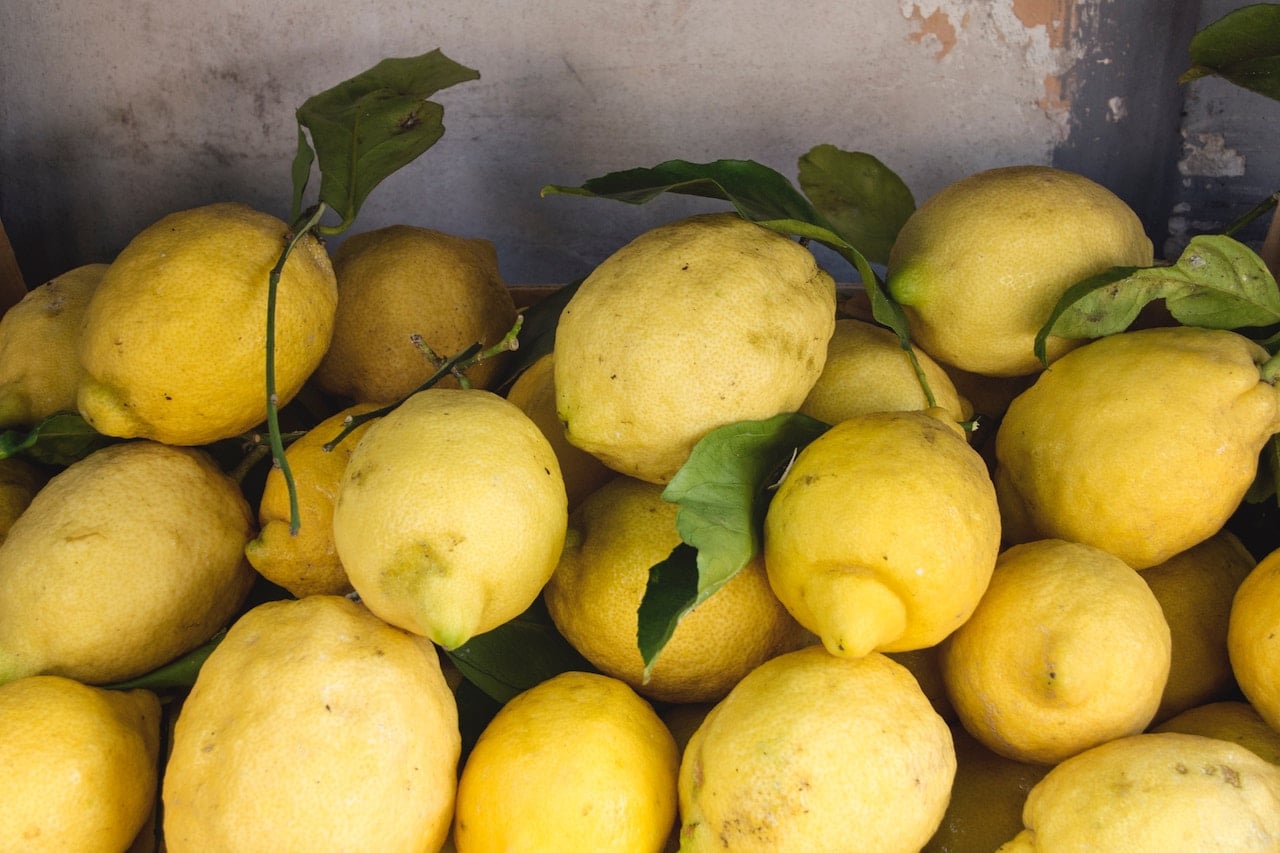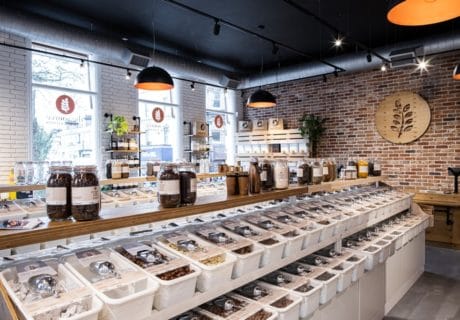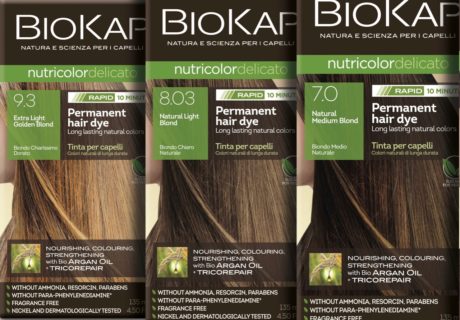Until now relatively few vegans have probably given serious thought to the suggestion that the fruit and vegetables they eat might technically be ‘un-vegan’. But growing awareness about ‘veganic’ (or stockfree) agriculture could mean this is all about to change.
Veganic (a portmanteau of vegan and organic) agriculture has been practised by small numbers of farmers for several decades, but has remained something of a special interest pursuit. Now, a growing network of veganic growers in Europe and North America sense their movement is about to have its moment.
Veganic agriculture is an entirely plant-based version of organic farming, which excludes all commercial livestock farming and slaughtering of animals and prohibits use of any inputs of animal origin. Instead, veganic growers work with plant-based composts and cover crops (green manure).
Veganic’s proponents say that it uses less land, water and fossil fuel resources than livestock-based systems. They say that it also produces lower levels of harmful greenhouse gas emissions, and allows for genuine closed loop farming by avoiding the need to ‘import’ fertility.
But it is veganic farming’s avoidance of so-called ‘moo poo’ that gives it its biggest appeal to the growing ranks of ethical vegans. And veganic farmers are keen to shine a light on what they see as the conflict of values at play. For some, the use of manure and other animal products is organic’s ‘dirty secret’.
Will Bonsall, a veganic farmer from the US state of Maine, is clear in his mind that vegetables fertilized with manure should be a no-no for committed vegans. Speaking to The Guardian this week, he said: “There’s a little bit of a disconnect, even hypocrisy, in vegans … We vegans like to put on our plates [vegetables] grown in methods that are very un-vegan.”
There is now ‘an urgent need for vegans to promote the idea of growing food vegan organically
Most veganic standards are based on, or are extensions of, existing organic standards; the Biocyclic Vegan Standard and Vegan Organic Network Standard are two examples.
The Vegan Organic Network (VON) has been helping gardeners and commercial growers to go stockfree since the late 1990s. It operates The Stockfree Organic Standards, first published in 2007 (VON worked with the Soil Association to develop the Standards).
While VON’s main focus has been on providing practical guidance and support for veganic farmers and growers, it is now stepping up its communication role. It believes the way food is grown is an important aspect of a wider vegan culture, that should similarly ’embrace justice for people, animals and the environment’. With interest in veganism and plant-based diets surging, VON wants more vegans to make the connection. It says there is now ‘an urgent need for vegans to promote the idea of growing food vegan organically’.
‘Biocyclic’ vegan agriculture is another form of veganic farming, with a growing following around Europe (the Bicyclic Vegan Standard has been accredited by IFOAM since 2017). Again, special emphasis is placed on promoting biodiversity, healthy soil structures and ‘closing organic cycles’. There is also a central focus on systematic humus build-up. The extensive use of biocyclic humus soil, protects the soil from erosion and dehydration, binds CO2 and stimulates the formation of permanent humus.
Recent research by the University of Athens has shown biocyclic humus is capable of producing very healthy crop yields (in some cases exceeding those using chemical fertilisers). The researchers have shown that crops grown in biocyclic humus soil have particularly good root architecture, which penetrates the soil more deeply. The big challenge now is to find ways to scale the production of humus soil, which has a lengthy maturation period before it attains peak fertility.





